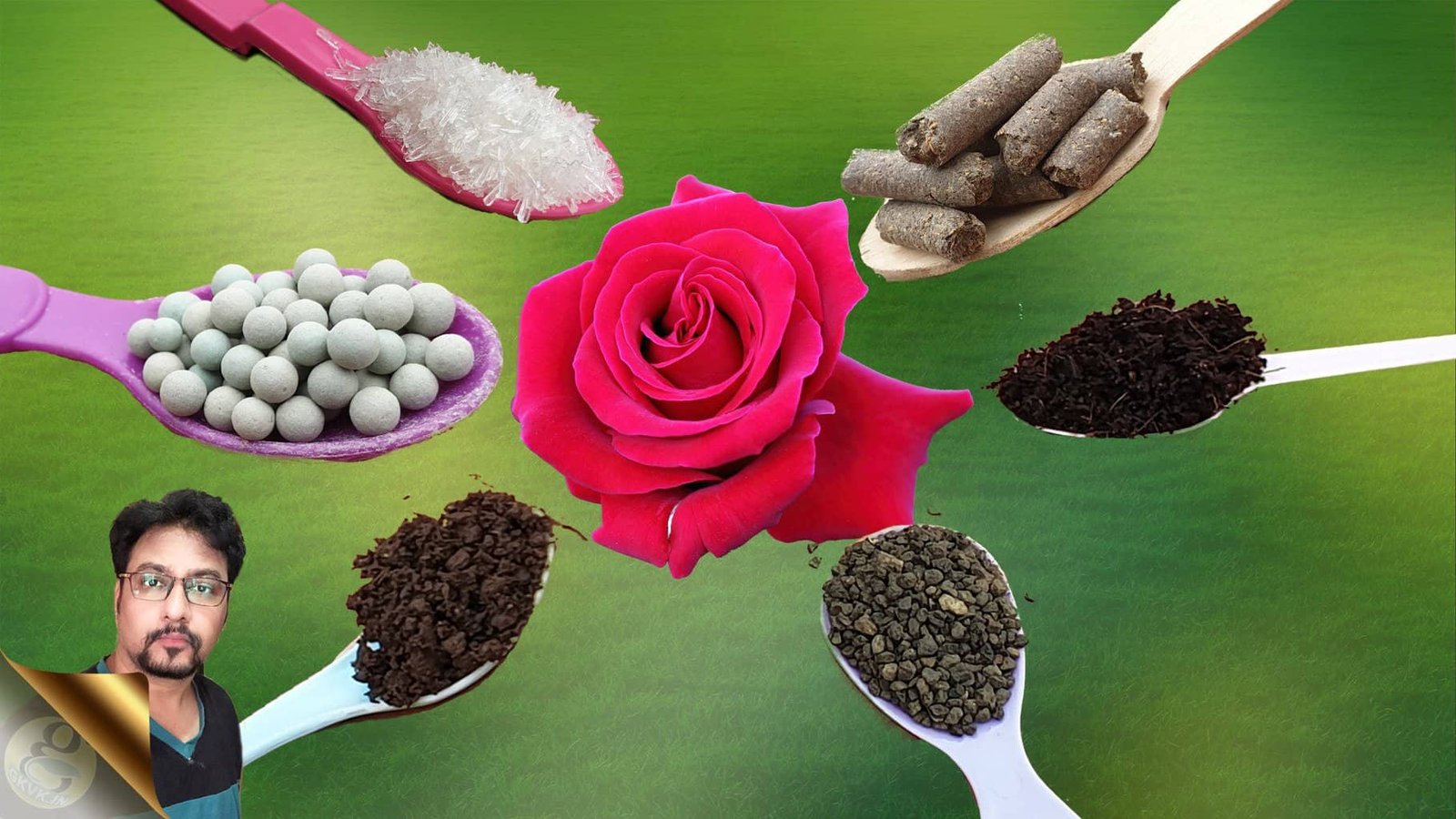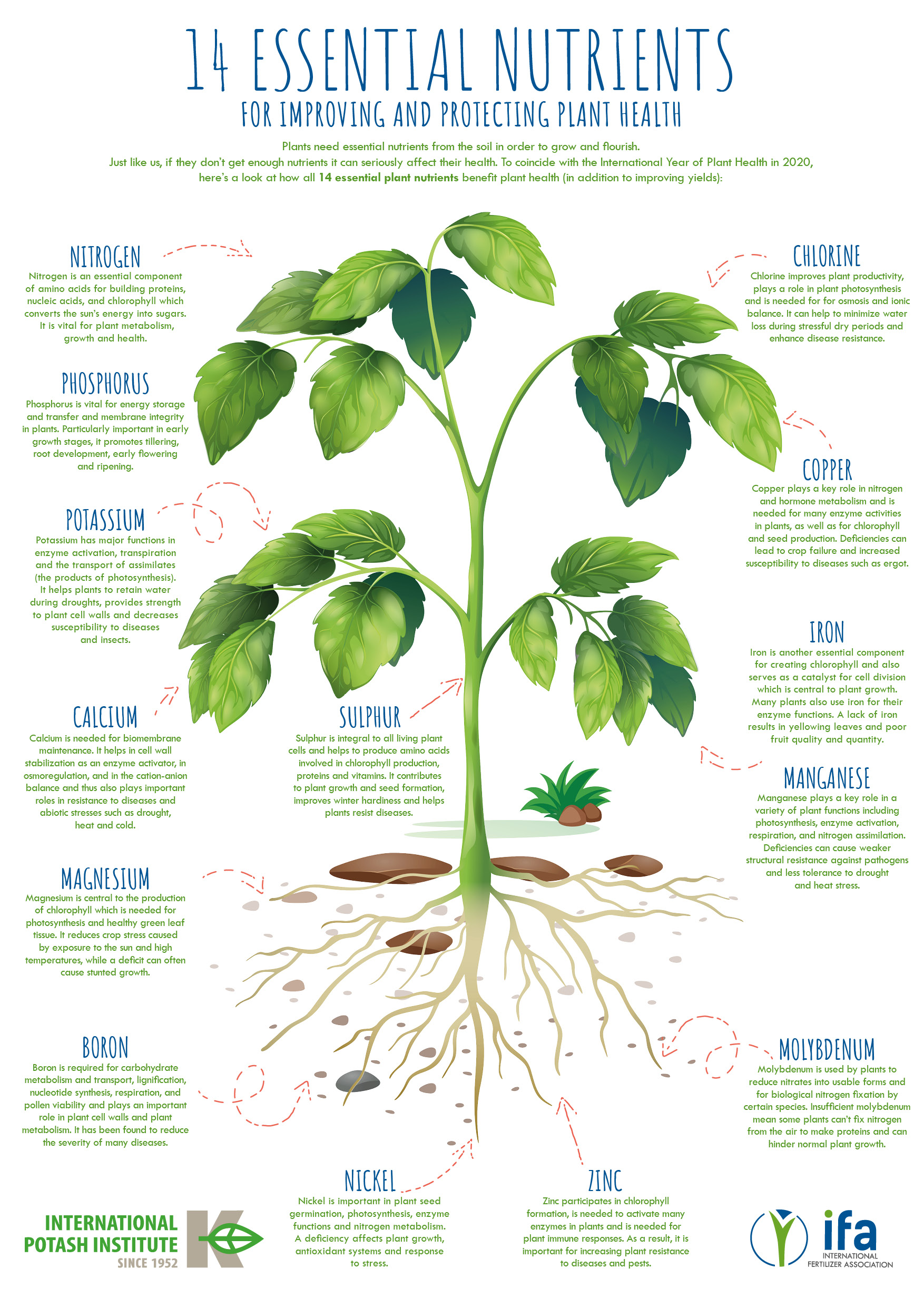Top Organic Fertilizers for Thriving Gardens

Imagine stepping into a lush, vibrant garden where every plant seems to dance with life. The secret to this green paradise? The best fertilizers for organic gardening. In a world where eco-friendly gardening is becoming increasingly important, choosing the right organic soil amendments can transform your garden into a thriving ecosystem. Let's dive into the world of natural plant nutrients and discover how you can nurture your garden sustainably.
Understanding Organic Fertilizers
Organic fertilizers are derived from natural sources such as plant and animal waste. Unlike synthetic fertilizers, they release nutrients slowly, promoting long-term soil health. This makes them ideal for sustainable fertilizers that support eco-friendly gardening practices.
Benefits of Organic Fertilizers
- Improved Soil Structure: Organic fertilizers enhance soil structure by increasing organic matter, which improves aeration and water retention.
- Slow-Release Nutrients: They provide a steady supply of nutrients over time, reducing the risk of over-fertilization.
- Environmentally Friendly: Organic fertilizers are biodegradable and do not contribute to environmental pollution.
- Supports Microbial Life: They encourage the growth of beneficial microorganisms, which are essential for healthy soil.
Top Organic Fertilizers for Your Garden
Compost
Composting for gardens is one of the most effective ways to enrich your soil. Compost is made from decomposed organic materials like food scraps, yard waste, and manure. It adds essential nutrients and improves soil texture, making it a go-to for many gardeners.
How to Use: Spread a layer of compost over your garden beds and mix it into the soil. You can also use it as a top dressing for established plants.
Manure
Manure from animals like cows, chickens, and horses is rich in nitrogen, phosphorus, and potassium. It's a powerful organic soil amendment that can significantly boost plant growth.
How to Use: Apply well-rotted manure to your garden in the fall or early spring. Mix it into the soil to ensure even distribution of nutrients.
Blood Meal
Blood meal is a high-nitrogen fertilizer made from dried and powdered animal blood. It's excellent for promoting green leafy growth and is particularly useful for nitrogen-hungry plants like leafy vegetables and lawns.
How to Use: Sprinkle blood meal around the base of your plants and water it in. Be cautious with the amount, as too much can burn plant roots.
Bone Meal
Bone meal is made from ground animal bones and is rich in phosphorus and calcium. It's ideal for promoting root growth and flowering in plants.
How to Use: Mix bone meal into the soil around your plants. It's especially beneficial for bulbs, roses, and fruit trees.
Fish Emulsion
Fish emulsion is a liquid fertilizer made from hydrolyzed fish. It's a quick-acting source of nitrogen, phosphorus, and potassium, making it perfect for giving plants a quick boost.
How to Use: Dilute fish emulsion with water and apply it directly to the soil or as a foliar spray. It's great for container plants and seedlings.
Seaweed Extract
Seaweed extract is a rich source of micronutrients and growth hormones. It promotes overall plant health and can help plants resist disease and pests.
How to Use: Dilute seaweed extract with water and use it as a soil drench or foliar spray. It's particularly effective for vegetables and flowers.
Alfalfa Meal
Alfalfa meal is made from ground alfalfa plants and is high in nitrogen, phosphorus, and potassium. It also contains triacontanol, a growth stimulant.
How to Use: Mix alfalfa meal into the soil or use it as a top dressing. It's excellent for roses, vegetables, and fruit trees.
How to Choose the Right Organic Fertilizer
Choosing the right organic fertilizer depends on your garden's specific needs. Consider the following factors:
- Soil Test: Conduct a soil test to determine which nutrients your soil lacks. This will help you choose the right fertilizer.
- Plant Needs: Different plants have different nutrient requirements. For example, leafy vegetables need more nitrogen, while flowering plants need more phosphorus.
- Garden Size: Larger gardens may require more substantial amendments like compost or manure, while smaller gardens or container plants can benefit from liquid fertilizers like fish emulsion.
Sustainable Gardening Practices
Incorporating organic fertilizers into your gardening routine is just one part of eco-friendly gardening. Here are some additional tips:
- Composting: Start a compost pile to recycle organic waste and create your own nutrient-rich soil amendment.
- Crop Rotation: Rotate your crops to prevent soil depletion and reduce the need for fertilizers.
- Mulching: Use organic mulch to retain soil moisture, suppress weeds, and add nutrients as it decomposes.
- Water Conservation: Implement water-saving techniques like drip irrigation and rainwater harvesting.

Conclusion
Embracing the best fertilizers for organic gardening is like giving your garden a natural vitamin boost. By choosing organic soil amendments, you're not only nurturing your plants but also contributing to a healthier environment. So, why not take the first step towards eco-friendly gardening today? Your garden, and the planet, will thank you.
Ready to transform your garden into a thriving oasis? Click here to explore more about organic gardening and sustainable practices.
FAQs
What is the difference between organic and synthetic fertilizers? Organic fertilizers are derived from natural sources and release nutrients slowly, promoting long-term soil health. Synthetic fertilizers are chemically produced and provide a quick burst of nutrients but can harm soil health over time.
How often should I apply organic fertilizers? The frequency of application depends on the type of fertilizer and your garden's needs. Generally, slow-release fertilizers like compost and manure can be applied once or twice a year, while liquid fertilizers like fish emulsion can be applied every few weeks.
Can I use too much organic fertilizer? Yes, over-application of any fertilizer, including organic ones, can harm plants and soil. Always follow the recommended application rates to avoid over-fertilization.
What are the benefits of composting for gardens? Composting recycles organic waste, reduces landfill waste, and creates a nutrient-rich soil amendment that improves soil structure, retains moisture, and supports plant growth.
How can I tell if my soil needs more nutrients? Conducting a soil test is the best way to determine your soil's nutrient levels. You can also observe your plants for signs of nutrient deficiencies, such as yellowing leaves or stunted growth.

Happy gardening!
0 Response to "Top Organic Fertilizers for Thriving Gardens"
Post a Comment